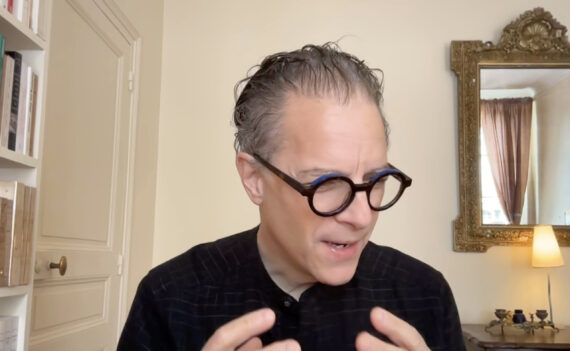What makes the final texts of Karl Marx so utterly fascinating and important is that they encapsulate Marx’s post-economic political thought: his political thinking after he had fully articulated his mature political-economic theories. [Continue reading here…]
Worker Cooperatives
Read through the lens of scholars such as Kohei Saito, Marcello Musto, Teodor Shanin, Bruno Bosteels, Kolja Lindner, and others—scholars of the “Late Marx”—the final writings of Karl Marx constitute a very different Marx than the one that we are accustomed to, especially the Marx of the mature economic writings of Capital, Volume 1. [Continue reading here…]
In his new book on the democratization of labor, *The Working Sovereign*, Axel Honneth takes a realist and pragmatist approach, advocating both for alternative democratic changes to the organization of labor and reforms to capitalist labor structures. It is a formidable intervention; but does Honneth’s account adequately take into account that the valuing of labor was itself a motivated project: labor became an object of value—whether in the work of Locke, or the early Protestant work ethic, or Hegel—driven or inspired by a deliberate (though perhaps not fully articulated or conscious) effort to make work appear valuable to laborers. Labor was transformed or shaped into a valuable performance in these philosophical interventions. But these philosophical constructions may be illusions, fabricated ways of trying to convince workers of the importance of their work as a way to reproduce more workers. If we look at it from this instrumental perspective, then the question that would arise is: What work are those philosophical discourses doing? And why might it be important to look at the work that they were doing? [To continue, read here….]



